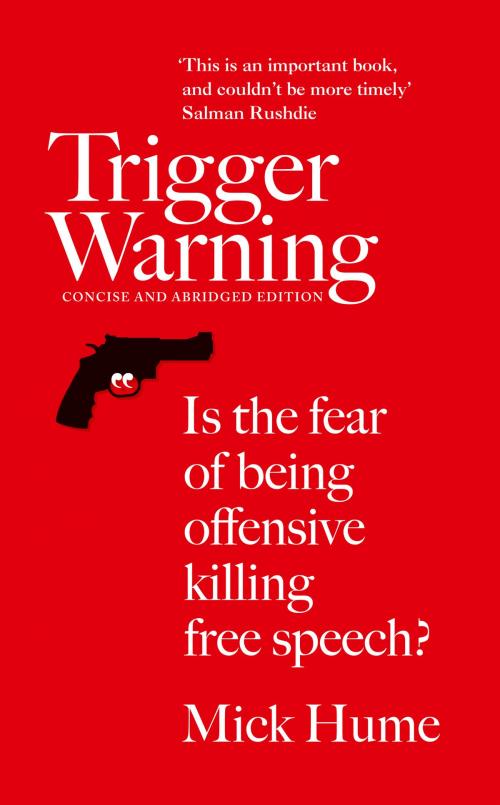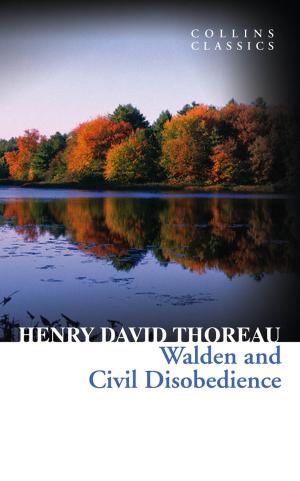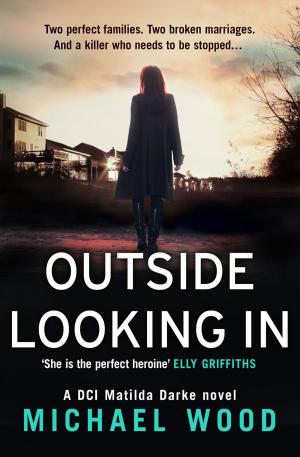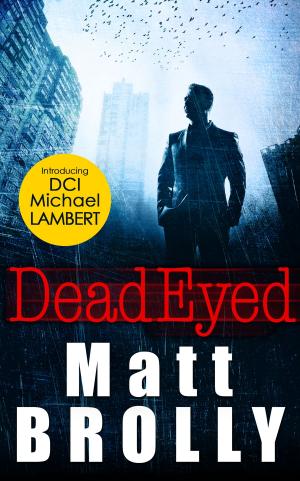Trigger Warning: Is the Fear of Being Offensive Killing Free Speech?
Nonfiction, Social & Cultural Studies, Social Science, Sociology, Political Science| Author: | Mick Hume | ISBN: | 9780008204389 |
| Publisher: | HarperCollins Publishers | Publication: | May 19, 2016 |
| Imprint: | William Collins | Language: | English |
| Author: | Mick Hume |
| ISBN: | 9780008204389 |
| Publisher: | HarperCollins Publishers |
| Publication: | May 19, 2016 |
| Imprint: | William Collins |
| Language: | English |
Concise and Abridged EditionIn this blistering polemic, veteran journalist Mick Hume presents an uncompromising defence of freedom of expression, which he argues is threatened in the West, not by jackbooted censorship but by a creeping culture of conformism and You-Can’t-Say-That. In a fierce defence of free speech – in all its forms – Mick Hume’s blistering polemic exposes the new threats facing us today in the historic fight for freedom of expression. In 2015, the cold-blooded attacks in Paris on the Charlie Hebdo cartoonists united the free-thinking world in proclaiming ‘Je suis Charlie’. But it wasn’t long before many were arguing that the massacres showed the need to restrict the right to be offensive. Meanwhile sensitive students are sheltered from potentially offensive material and Twitter vigilantes police those expressing the ‘wrong’ opinion. But the basic right being supressed – to be offensive, despite the problems it creates – is not only acceptable but vital to society. Without a total freedom of expression, other liberties will not be possible.
Concise and Abridged EditionIn this blistering polemic, veteran journalist Mick Hume presents an uncompromising defence of freedom of expression, which he argues is threatened in the West, not by jackbooted censorship but by a creeping culture of conformism and You-Can’t-Say-That. In a fierce defence of free speech – in all its forms – Mick Hume’s blistering polemic exposes the new threats facing us today in the historic fight for freedom of expression. In 2015, the cold-blooded attacks in Paris on the Charlie Hebdo cartoonists united the free-thinking world in proclaiming ‘Je suis Charlie’. But it wasn’t long before many were arguing that the massacres showed the need to restrict the right to be offensive. Meanwhile sensitive students are sheltered from potentially offensive material and Twitter vigilantes police those expressing the ‘wrong’ opinion. But the basic right being supressed – to be offensive, despite the problems it creates – is not only acceptable but vital to society. Without a total freedom of expression, other liberties will not be possible.















